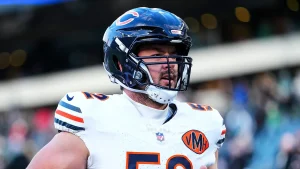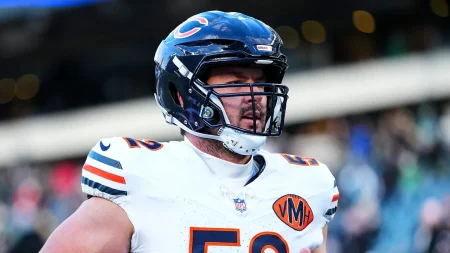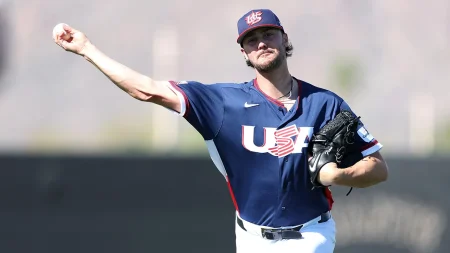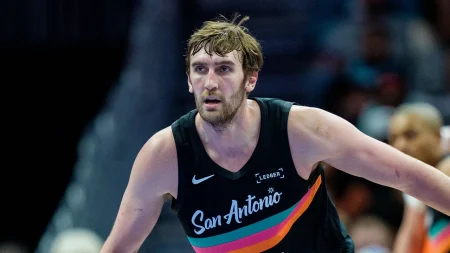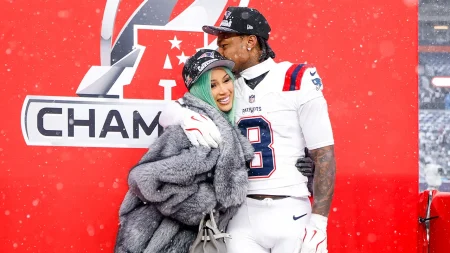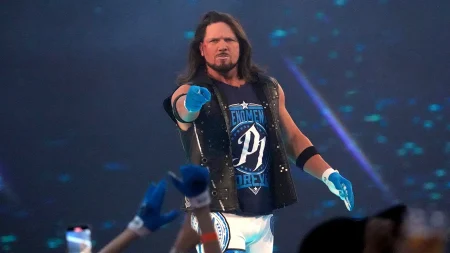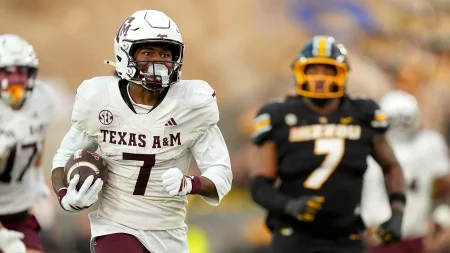A Tribute to Kenny Easley: Legendary Seahawks Safety and Hall of Famer Dies at 66
The football community is mourning the loss of Kenny Easley, a towering figure in Seattle Seahawks history and one of the most dominant defensive players of his era. Easley passed away Friday night at the age of 66, as announced by the Pro Football Hall of Fame. While his family did not disclose the cause of death, the impact of his passing has been felt deeply across the NFL. The Seahawks organization released a heartfelt statement acknowledging his profound legacy: “Kenny embodied what it meant to be a Seahawk through his leadership, toughness, intensity and fearlessness. His intimidating nature and athletic grace made him one of the best players of all time.” These weren’t mere platitudes but an accurate reflection of a man whose playing style transformed the safety position and whose influence on the Seahawks franchise remains indelible decades after his retirement.
Easley’s journey to NFL stardom began at UCLA, where he established himself as one of the greatest collegiate defensive players in history. From 1977 to 1980, he made history as the first player in Pac-10 conference history to earn first-team All-Conference honors four times and became just the second UCLA player ever to be a three-time consensus All-American. His college career was defined by remarkable playmaking ability – he still holds the UCLA record with 19 career interceptions and ranks fifth all-time at the school with 374 tackles. His senior season in 1980 was particularly outstanding, as he recorded 105 tackles and finished ninth in Heisman Trophy voting – a rare accomplishment for a defensive player. His brilliance at UCLA led to his jersey number 5 being retired by the university, cementing his status as a Bruins legend even before he played a single down in the NFL.
The Seattle Seahawks recognized Easley’s extraordinary talent, selecting him fourth overall in the 1981 NFL Draft, and he immediately repaid their faith with spectacular play. Over seven transformative seasons in Seattle – his entire NFL career – Easley became the defensive cornerstone of the franchise, earning five Pro Bowl selections and three first-team All-Pro honors. His 1984 season stands as perhaps his finest, as he led the NFL with 10 interceptions and became the first Seahawk ever to win the Associated Press Defensive Player of the Year award. Beyond the statistics, Easley brought a unique combination of physical intimidation and athletic grace to the field. At 6-foot-3 and 206 pounds, he had the size to deliver crushing hits on receivers and running backs, yet possessed the fluidity and ball skills of a cornerback. He was known for his exceptional football intelligence, often seeming to know where the ball was going before the quarterback did. His career totals of 32 interceptions (tied for fourth in franchise history), 11 fumble recoveries, nine forced fumbles, and eight sacks only begin to tell the story of his defensive dominance.
Tragically, Easley’s brilliant career was cut short after the 1987 season due to serious kidney issues. When the Seahawks attempted to trade him to the Arizona Cardinals, he failed his physical and never played another NFL game. This abrupt end to his career created a rift between Easley and the Seahawks organization, as he believed the team had known about his kidney condition and failed to disclose it. The bitterness lasted for years, depriving fans of seeing one of the franchise’s greatest players properly celebrated. However, healing began in 2002 when then-owner Paul Allen facilitated a reconciliation that led to Easley’s induction into the team’s Ring of Honor. The full recognition of his greatness came in 2017 when Easley was finally enshrined in the Pro Football Hall of Fame, a moment that validated his place among the game’s immortals and brought his football journey full circle.
What made Easley special went beyond his physical gifts or statistical achievements. Former teammates and opponents consistently describe him as a player who changed games with his mere presence on the field. Hall of Fame quarterback Warren Moon once said Easley was “the intimidator, the enforcer” whose reputation made receivers think twice about going across the middle. Former teammate Jacob Green noted that Easley “had that rare combination of speed, strength and incredible instincts.” His playing style – fearless, intelligent, and utterly commanding – influenced a generation of safeties who followed him. Beyond his playing career, Easley showed remarkable character in overcoming the bitterness of his premature retirement and health struggles to reconcile with the Seahawks organization and embrace his place in football history. His journey from UCLA star to Seahawks legend to Hall of Famer represents one of football’s most compelling stories of excellence, adversity, and ultimately, recognition.
Kenny Easley leaves behind his wife Gail and their three children – son Kendrick and daughters Gabrielle Manhertz and Giordanna. His legacy extends far beyond the statistics and accolades, touching the hearts of teammates, opponents, and fans who witnessed his brilliance on the field. For those too young to have seen him play, the testimonials of his contemporaries paint the picture of a defensive force whose combination of intelligence, intimidation, and athletic grace made him one of the greatest safeties to ever play the game. The reconciliation with the Seahawks in his later years allowed proper celebration of his contributions to the franchise, and his 2017 Hall of Fame induction – though later than many believed it should have been – ensured his place among football’s immortals. As the NFL, the Seahawks organization, and football fans everywhere mourn his passing, they also celebrate a remarkable life and career that helped define what greatness looks like in professional football. Kenny Easley may be gone, but his impact on the game and the standard of excellence he established will endure for generations to come.
